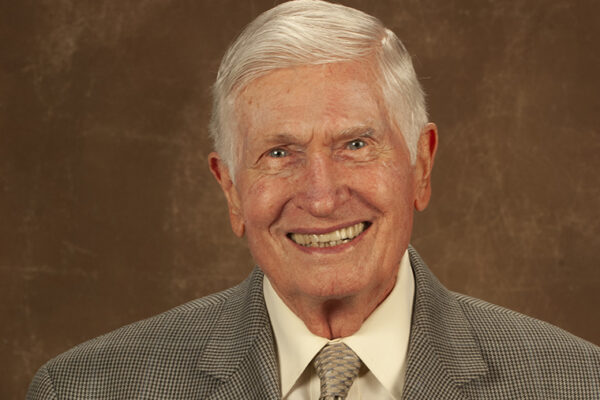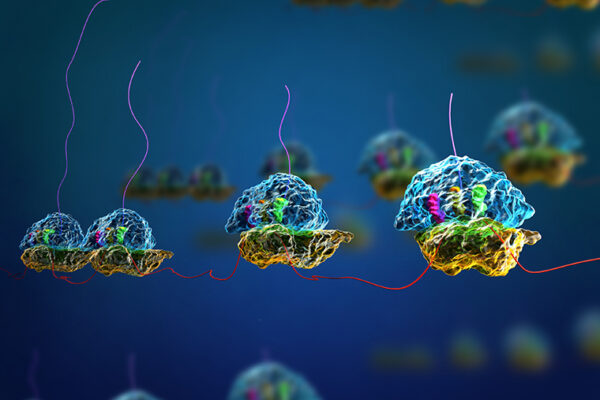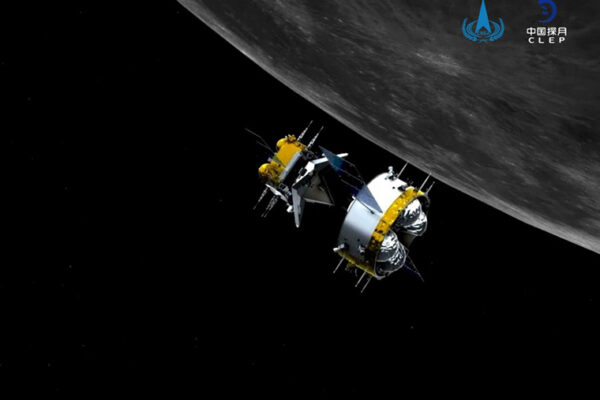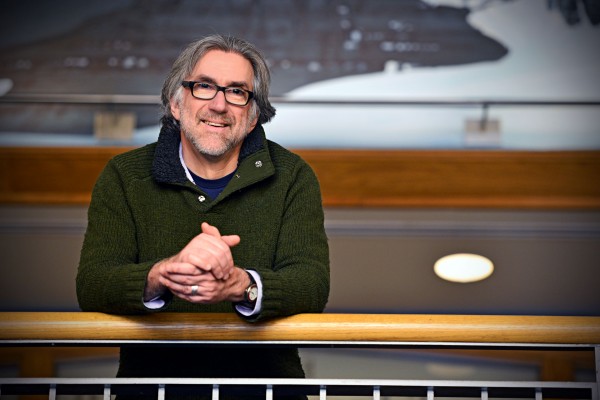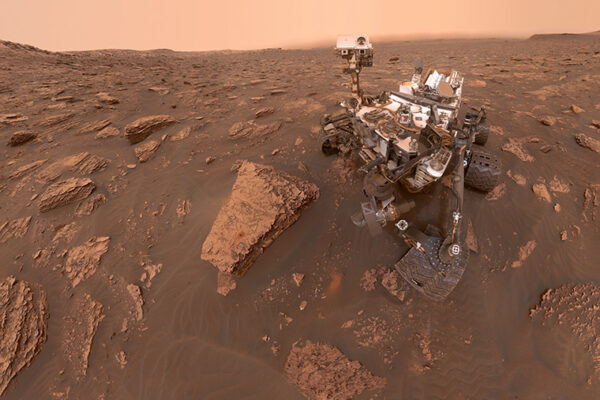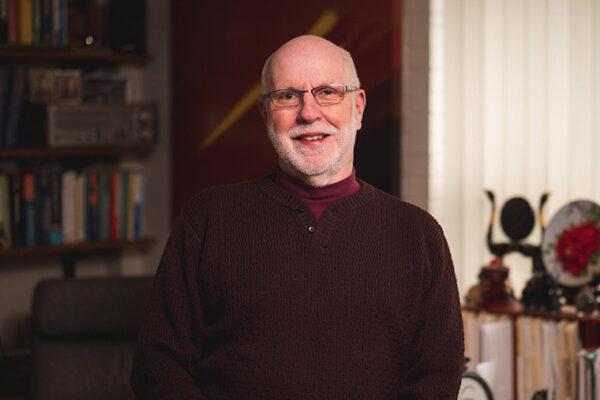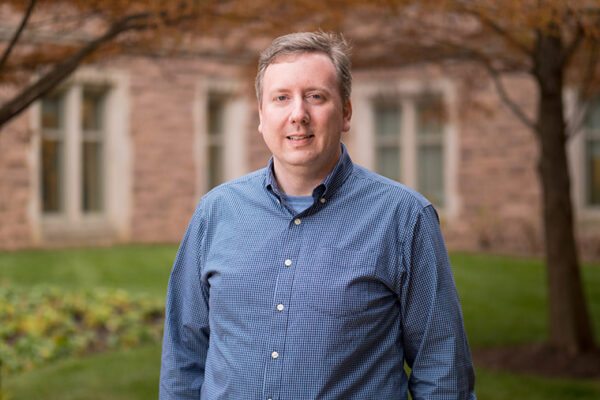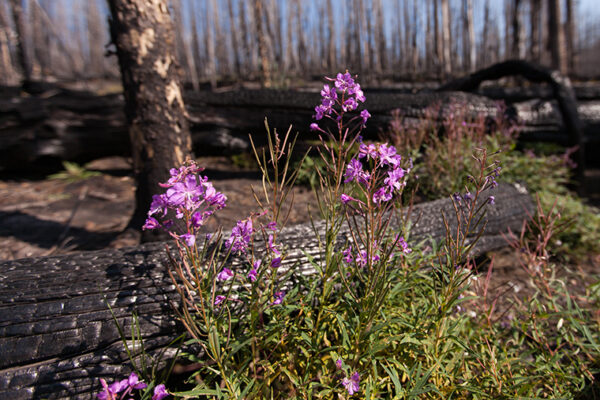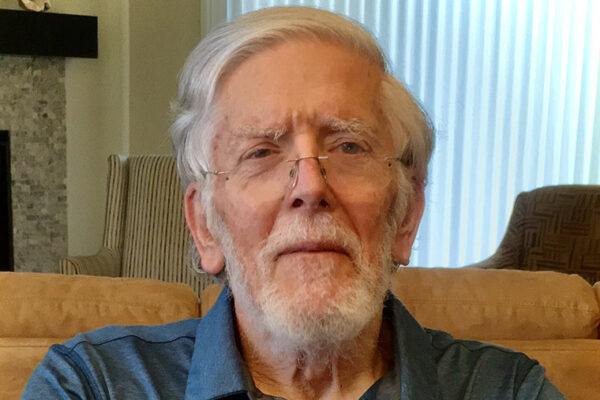Walter H. Lewis, professor emeritus in Arts & Sciences, 90
Walter H. Lewis, professor emeritus of biology in Arts & Sciences at Washington University in St. Louis, died peacefully at his home in St. Louis on Nov. 17, 2020. He was 90.
Seeking to avoid ‘full lockdown,’ cells monitor ribosome collisions
Ribosomes are the machines in the cell that use instructions from mRNA to synthesize functional proteins. When something goes awry, cells monitor for ribosome collisions to determine the severity of the problem, according to new research from Washington University in St. Louis biologists in Arts & Sciences.
China probe returns with ‘treasure trove’ of moon rocks
The Chinese space agency announced Dec. 16 the return of a lunar probe bringing back the first fresh samples of rock and debris from the moon in more than 40 years. Bradley L. Jolliff, the Scott Rudolph Professor of Earth and Planetary Sciences in Arts & Sciences at Washington University in St. Louis, reflects on the scientific value of the samples.
McKinnon honored by American Geophysical Union
Bill McKinnon, professor of earth and planetary sciences in Arts & Sciences, is one of 62 geoscientists who have been elected to the American Geophysical Union’s 2020 class of fellows.
Powerful electrical events quickly alter surface chemistry on Mars and other planetary bodies
Dust-related electrochemistry can reshape Martian surface materials with physical and chemical changes observable after only hundreds of years. Similar electrical effects may be instrumental on Venus and Europa, according to new work from Alian Wang in Arts & Sciences.
A recipe for protein footprinting
By publishing their method in the journal Nature Protocols, chemists including Michael Gross, who has a joint appointment in Arts & Sciences and the School of Medicine, have opened doors for fellow scientists to better address research questions related to Alzheimer’s disease, the COVID-19 pandemic and more.
Building better vaccines for the elderly
Meredith Jackrel, in Arts & Sciences, studies protein misfolding and how it leads to disease. She is collaborating with Jai Rudra at the McKelvey School of Engineering to develop amyloid-inspired vaccine technologies specifically tailored for seniors. The approach could be relevant to COVID-19 as the elderly are particularly susceptible to its severe complications.
Catalano named mineralogical society fellow
Jeff Catalano, professor of earth and planetary sciences in Arts & Sciences, was elected a fellow of the Mineralogical Society of America. The honor recognizes Catalano’s outstanding contributions to the advancement of the fields of mineralogy, crystallography, geochemistry and petrology.
In fire-prone West, plants need their pollinators — and vice versa
A new study from the northern Rockies explores the role of fire in the finely tuned dance between plants and their pollinators. The research from biologists including Jonathan Myers in Arts & Sciences at Washington University in St. Louis is published Nov. 25 in the Journal of Ecology.
Obituary: Roger Phillips, professor emeritus in Arts & Sciences, 80
Roger Jay Phillips, professor emeritus of earth and planetary sciences in Arts & Sciences and former director of the McDonnell Center for the Space Sciences at Washington University in St. Louis, died Nov. 19 in Longmont, Colo., after suffering from complications of Parkinson’s disease. He was 80.
View More Stories
